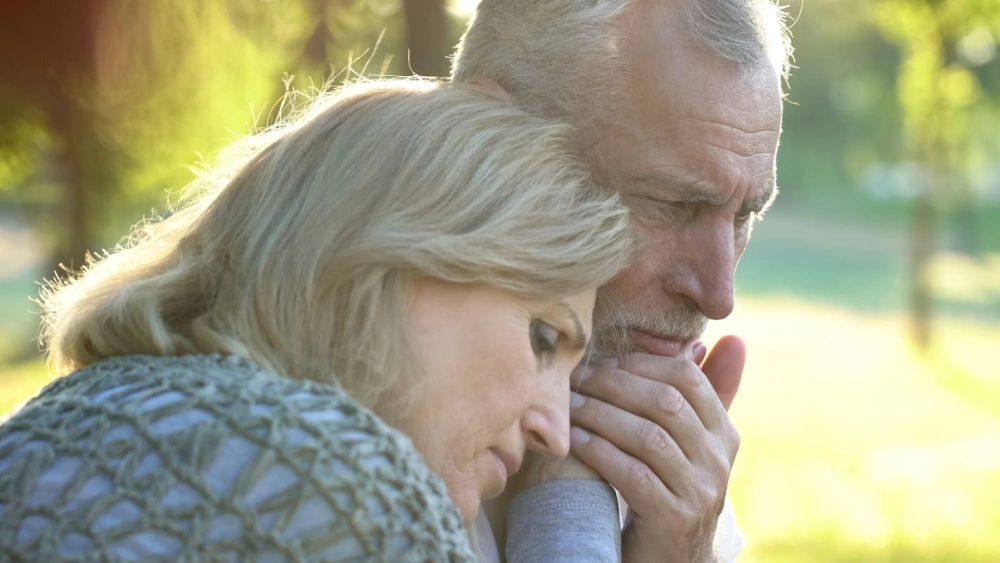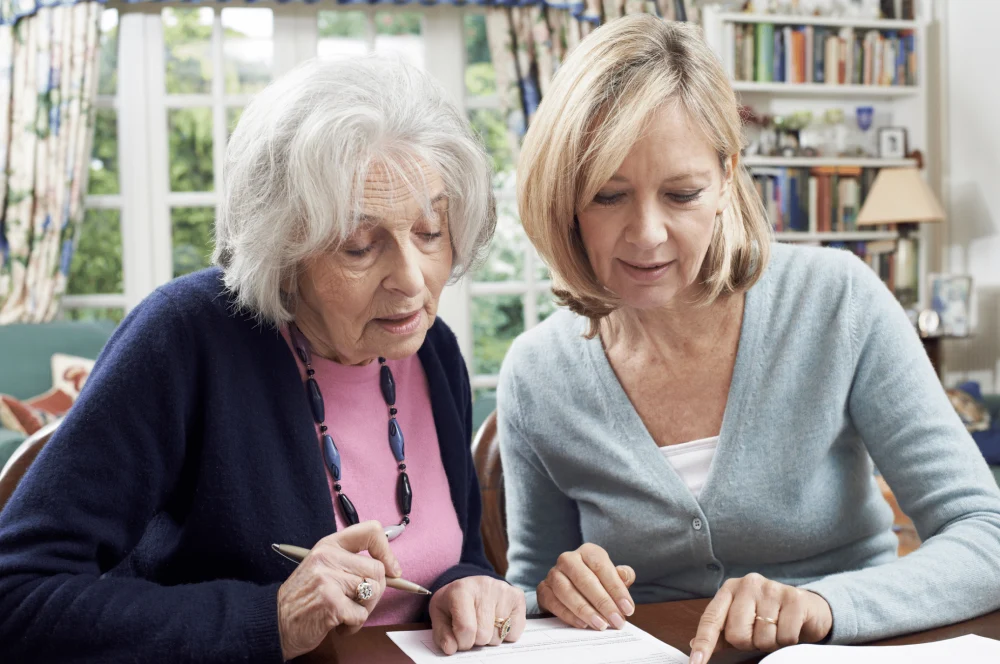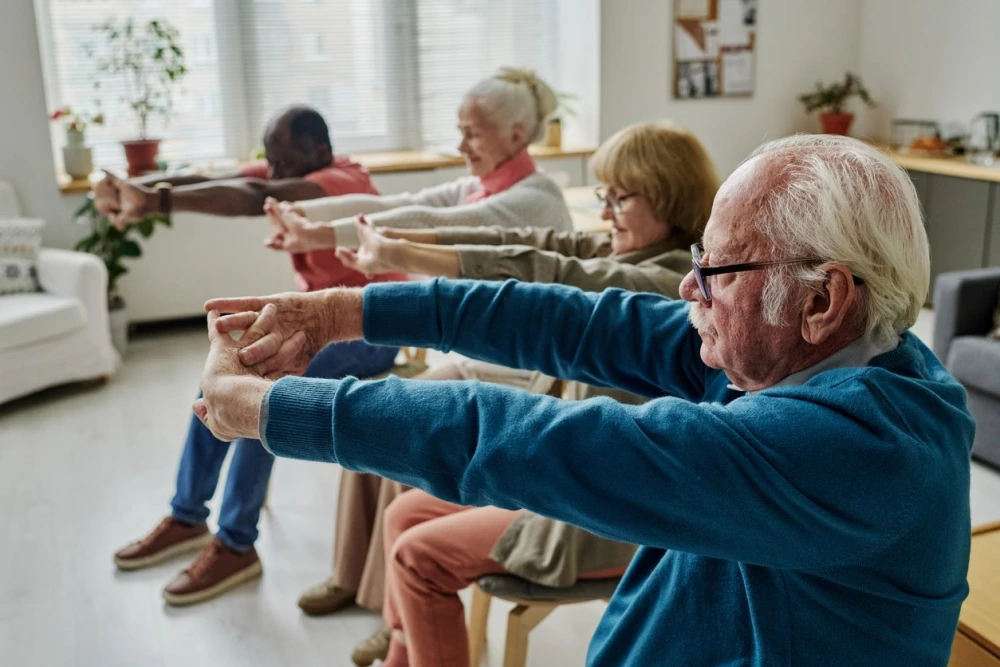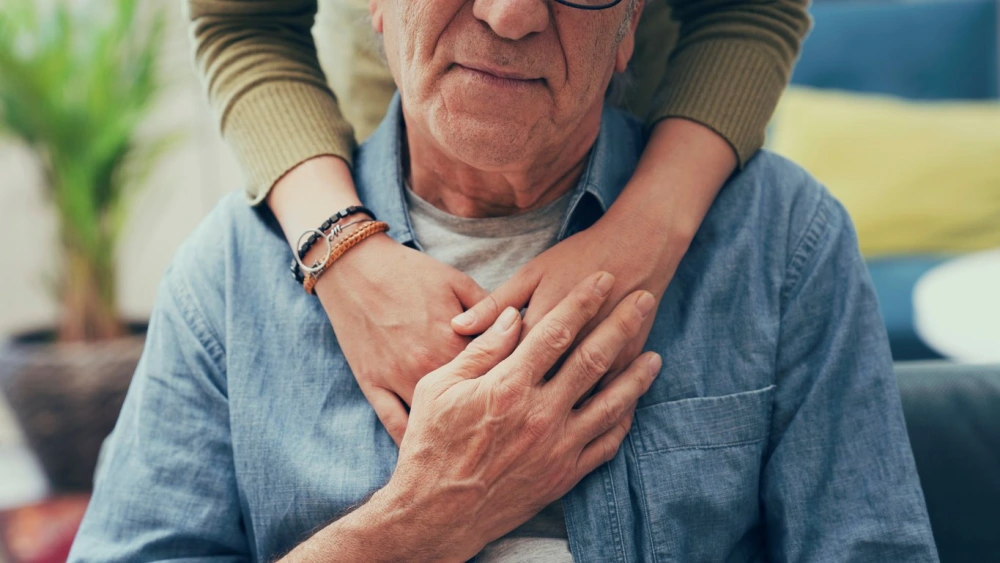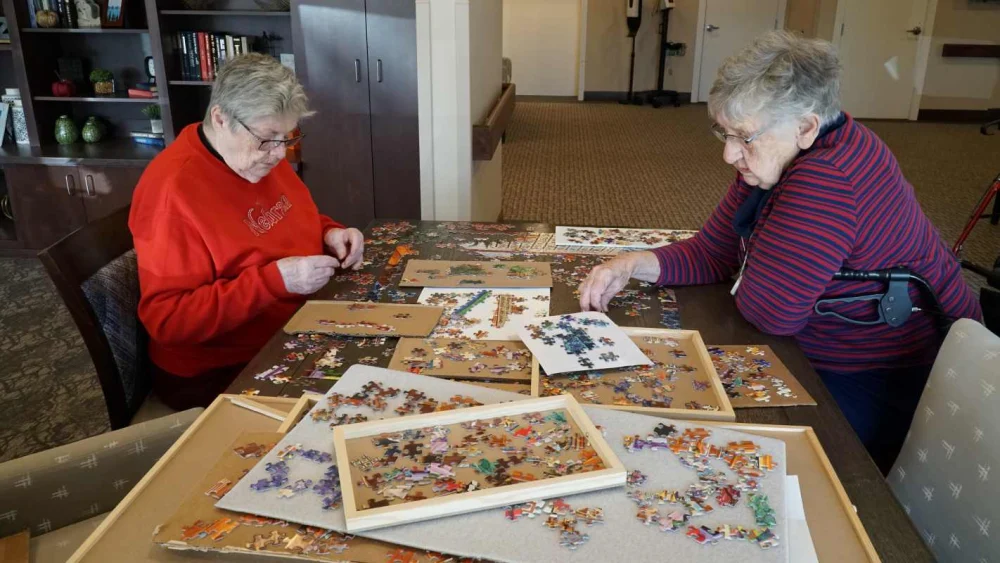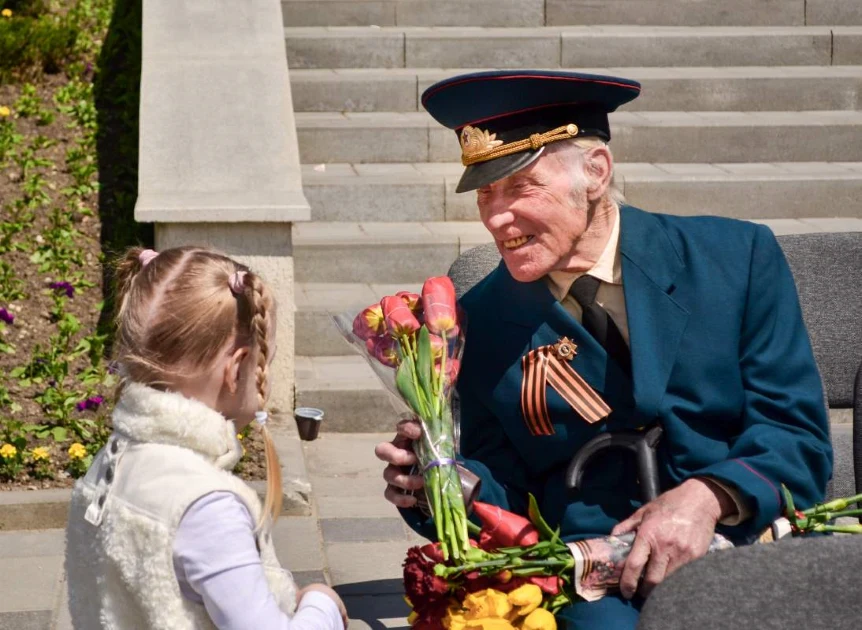COVID-19 Protocols
Infection control and prevention has always been an essential function of senior living communities. With the onset of COVID-19, our approach to these measures has never been more critical. Heritage Communities is committed to our top priorities of resident and associate safety during COVID-19. Through regular interaction and closely following recommendations from the Nebraska Infection...
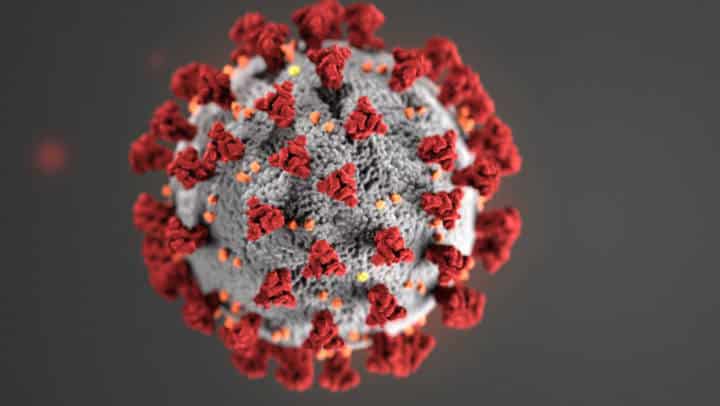
Infection control and prevention has always been an essential function of senior living communities. With the onset of COVID-19, our approach to these measures has never been more critical. Heritage Communities is committed to our top priorities of resident and associate safety during COVID-19. Through regular interaction and closely following recommendations from the Nebraska Infection Control Assessment and Promotion program (ICAP), and local public health departments, we have gained insight on best practices to manage the virus in senior living communities like ours.
As we have navigated COVID-19 in some of our communities, it has allowed Heritage Communities to become stronger in infection control knowledge, best practice implementations, and communication of needed changes. After successfully mitigating the spread of the virus in multiple communities, we have been able to effectively share resources with all of our communities in an effort to protect residents and associates.
As we continue to work closely with regulatory entities and infection control agencies, we have adjusted in an effort to reduce the risk of possible spread. We wanted to share our knowledge and procedural adjustments with those we serve: our residents, families and associates.
Personal Protective Equipment
PPE is not as difficult to obtain as it once was during the onset of the virus. All communities and home office leadership has worked tirelessly to secure necessary PPE in the event of a positive case in any of our locations. As such, we are able to provide medical grade face masks to associates who have direct interaction with our residents. While cloth masks, worn by residents who might be carrying the virus without knowing it, provide a method of source control to prevent the spread of the virus to other residents, the medical grade mask adds a layer of protection for the associate as well. Proper PPE provides a layer of protection for both parties.
Color Coded Zoning
If there is a positive case in the community, for infection control and planning purposes, we break the building into zones categorized by the following colors:
Red zones are those areas where we have a confirmed case of COVID-19. In the red zone, we have an employee dedicated to the care of only those positive residents, in effort to reduce the risk of cross contamination. This might be individual apartments, hallways or other sections of the community where known positive residents reside. Staff wear complete PPE consisting of gowns, face shields, masks and gloves.
Yellow zones are areas where there is risk of the virus being present, but positive cases have not yet been confirmed. Yellow zones are treated with same PPE protocols as red zones out of an abundance of caution. When associates are working in yellow zones, they are clustering cares to limit the number of times they are in a resident’s apartment in order to minimize risk of the virus spreading.
Grey zone classifications are considered low risk, but still needs close attention. Associates working in gray zones are wearing PPE consisting of at least masks and gloves, but face shields and gowns may be used depending upon the care being provided.
Green zones are areas that have low, to no risk. Associates working in green zones are wearing PPE consisting of masks and gloves, but face shields and gowns are not required.
Donning and Doffing
These terms are used often in the medical field and are directly related to infection control efforts. Donning refers to proper protocol when putting on PPE, and doffing refers to how an associate takes off their PPE in a safe manner. It is important that employees understand the process for donning and doffing, in order to reduce the risk of spreading COVID-19.
The home office Pandemic Planning Committee has created checklists for proper protocols and routine audits are being incorporated at the community level to ensure understanding of procedures. For those communities with a confirmed case, CLEAN stations will be created where associates can don their fresh, clean PPE before entering a red or yellow zone. Likewise, a DIRTY station will be created where PPE used with a positive resident can safely be removed to minimize the risk of spreading the virus to others. In some communities, portable huts with hand washing stations can be used while others are able to utilize a vacant apartment or community room.
National Emerging Special Pathogens Training and Education Center (NETEC)
NETEC is comprised of faculty and staff from Emory University, the University of Nebraska Medical Center/Nebraska Medicine and the New York Health and Hospitals Corporation, Bellevue Hospital Center. All three of these health care institutions have safely and successfully treated patients with Ebola and have worked diligently to share their knowledge with other health care facilities and public health jurisdictions. NETEC has advised communities like ours throughout this pandemic and has been a valuable resource to our industry as they observe infection control practices, giving feedback and suggestions.
Through our close working relationship with ICAP, along with steady advocacy from the Pandemic Planning Committee and our buildings, we have had the honor of two NETEC visits at our communities. Both of these communities had more than one positive test result from residents, and the NETEC visit was able to provide valuable insight into new strategies being implemented in senior living communities as the pandemic continues. We are appreciative of their support over the past few months and they are a resource we will continue to call on as needed.
If you have any questions regarding our COVID-19 protocols, please don’t hesitate to contact us.

